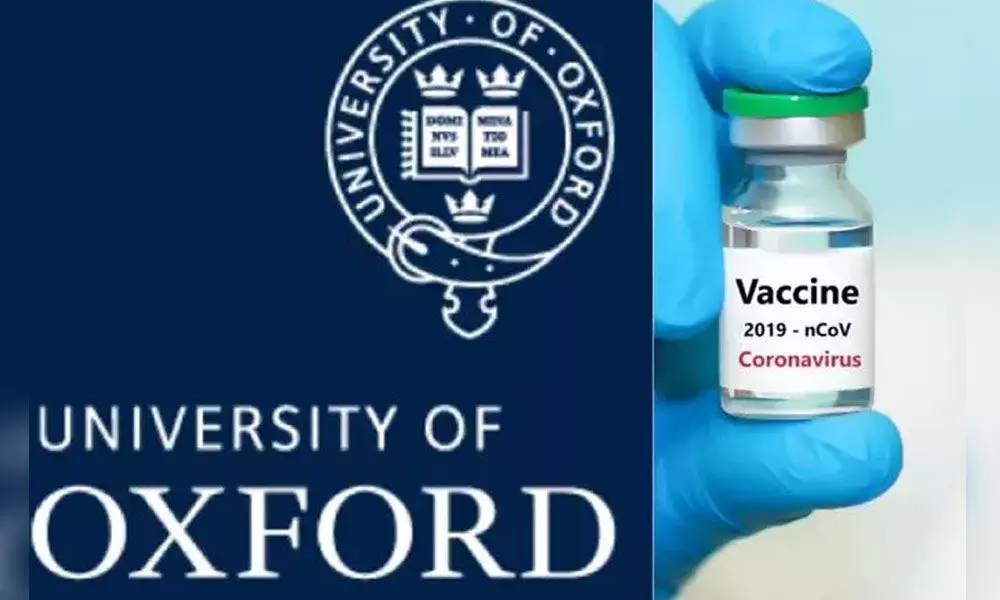Oxford's Covid-19 vaccine safe

Oxford’s Covid-19 vaccine safe
- Early results show good immune response: Lancet
- The Lancet said the current trial is too preliminary to confirm whether the new vaccine meets these requirements, but phase 2 (in the UK only) and phase 3 trials to confirm whether it effectively protects against SARS-CoV-2 infection are happening in the UK, Brazil and South Africa
London: A potential Covid-19 vaccine developed by Oxford University in collaboration with pharmaceutical giant AstraZeneca has produced a strong immune response in a large, early-stage human trial, according to newly released data published on Monday in the medical journal, The Lancet.
The vaccine candidate developed at the University of Oxford is safe and induces immune reaction, preliminary results said, raising hopes for a cure for Covid-19 that has killed tens of thousands and disrupted human activity across the globe.
The widely-followed trial is currently at an advanced stage, with trials in the UK, Brazil and South Africa.
A collaboration has already been reached between Oxford, UK government and biopharma major AstraZeneca to produce the vaccine on a mass scale if the final results are also positive. The Serum Institute of India is one of the global partners for its production.
The journal also reported that phase 2 of a vaccine trial in China has also been found to be safe and induces an immune response. The randomised controlled trial of a recombinant adenovirus type-5-vectored Covid-19 vaccine (Ad5-vectored Covid-19 vaccine) was conducted in China in April and involved more than 500 people. Mene Pangalos of AstraZeneca said: "We are encouraged by the Phase I/II interim data showing AZD1222 was capable of generating a rapid antibody and T-cell response against SARS-CoV-2. While there is more work to be done, today's data increases our confidence that the vaccine will work and allows us to continue our plans to manufacture the vaccine at scale for broad and equitable access around the world."
Explaining how the Oxford vaccine works, study lead author Andrew Pollard said: "The new vaccine is a chimpanzee adenovirus viral vector (ChAdOx1) vaccine that expresses the SARS-CoV-2 spike protein".
"It uses a common cold virus (adenovirus) that infects chimpanzees, which has been weakened so that it can't cause any disease in humans, and is genetically modified to code for the spike protein of the human SARS-CoV-2 virus".
"This means that when the adenovirus enters vaccinated people's cells it also delivers the spike protein genetic code. This causes these people's cells to produce the spike protein, and helps teach the immune system to recognise the SARS-CoV-2 virus."
Pollard said: "The immune system has two ways of finding and attacking pathogens – antibody and T cell responses. This vaccine is intended to induce both, so it can attack the virus when it's circulating in the body, as well as attacking infected cells".
"We hope this means the immune system will remember the virus, so that our vaccine will protect people for an extended period. However, we need more research before we can confirm the vaccine effectively protects against SARS-CoV-2 infection, and for how long any protection lasts," Pollard added.














